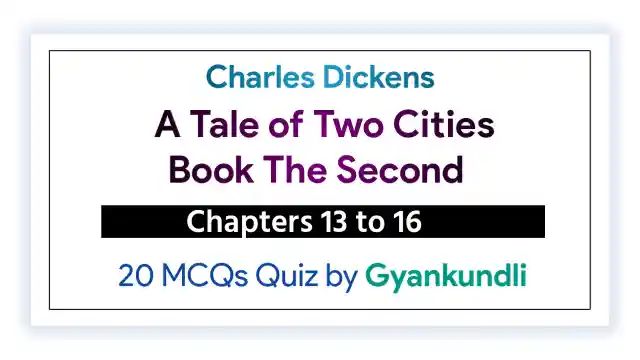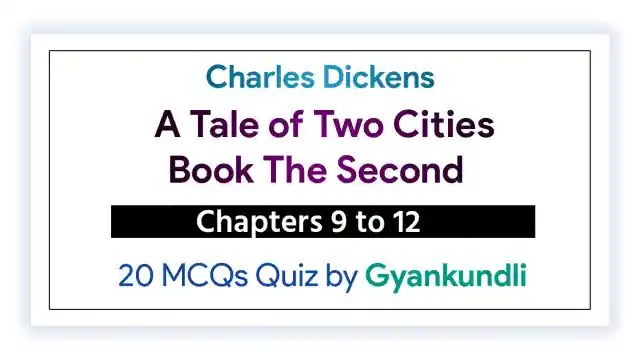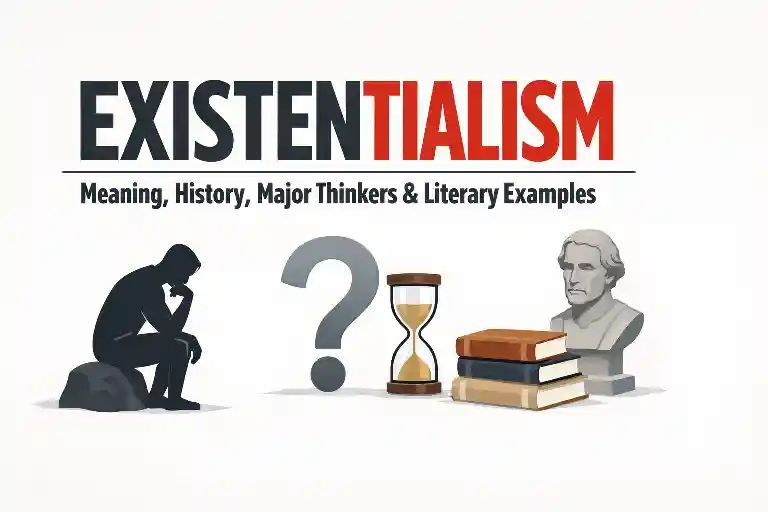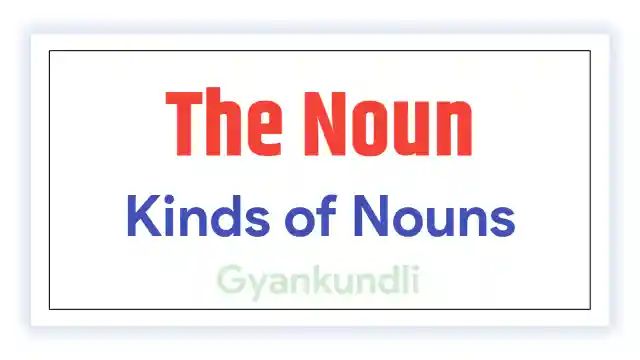Shall I Compare Thee to a Summer’s Day MCQ Quiz : William Shakespeare’s Sonnet 18 is one of the most famous and admired poems in English literature. It is a beautiful expression of love, beauty, and the power of poetry. The poem begins with a rhetorical question—“Shall I compare thee to a summer’s day?”—where the poet compares his beloved to the pleasant season of summer. However, he quickly concludes that his beloved is “more lovely and more temperate” than a summer’s day, which can be rough, hot, or short-lived.
Shakespeare uses vivid imagery to describe how natural beauty fades with time. The “darling buds of May” are shaken by “rough winds,” and “summer’s lease hath all too short a date.” Through these lines, he reminds readers that physical beauty and nature’s charm are temporary. But the beloved’s beauty, preserved in the lines of the sonnet, will never fade.
In the final couplet, Shakespeare proudly declares that as long as humans live and can read his verse, the beloved’s beauty will remain immortal:
“So long as men can breathe or eyes can see,
So long lives this, and this gives life to thee.”
The poem celebrates the eternal power of art and poetry over time and decay. It reflects Shakespeare’s belief that true beauty can achieve immortality through creative expression.
Form and Rhyme Scheme: The poem follows the Shakespearean sonnet form—three quatrains and a final couplet—with the rhyme scheme ABAB CDCD EFEF GG, written in iambic pentameter.
Read full article here : Shall I Compare Thee to a Summer’s Day : Summary and Analysis
Text of Shall I Compare Thee to a Summer’s Day
Shall I compare thee to a summer’s day?
Thou art more lovely and more temperate:
Rough winds do shake the darling buds of May,
And summer’s lease hath all too short a date;
Sometime too hot the eye of heaven shines,
And often is his gold complexion dimm’d;
And every fair from fair sometime declines,
By chance or nature’s changing course untrimm’d;
But thy eternal summer shall not fade,
Nor lose possession of that fair thou ow’st;
Nor shall death brag thou wander’st in his shade,
When in eternal lines to time thou grow’st:
So long as men can breathe or eyes can see,
So long lives this, and this gives life to thee.
Shall I Compare Thee to a Summer’s Day MCQ Quiz
Discover more from Gyankundli
Subscribe to get the latest posts sent to your email.













